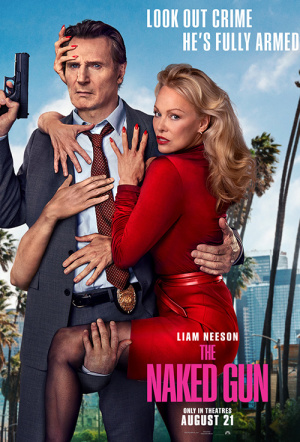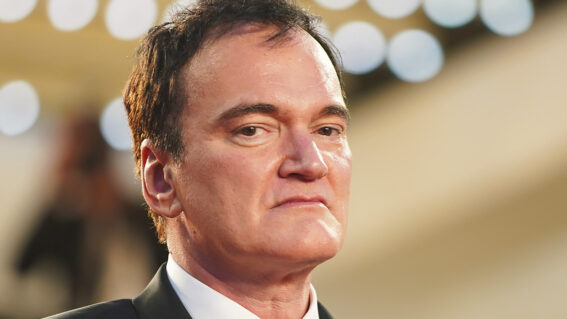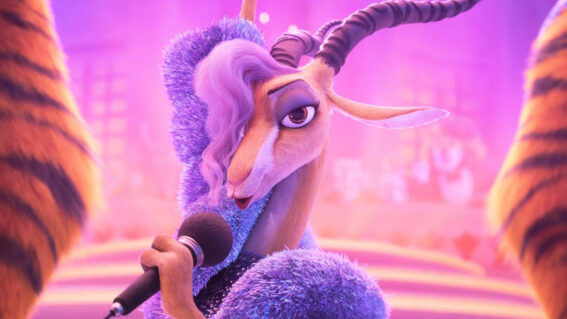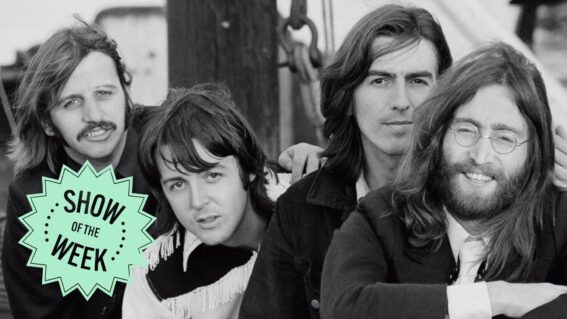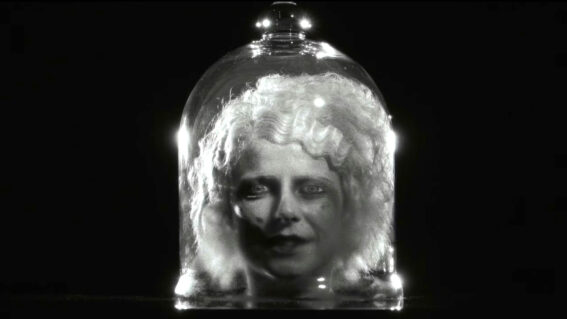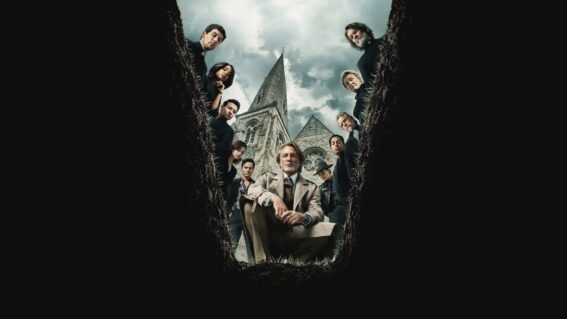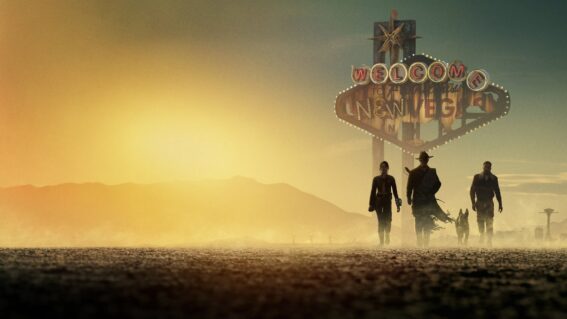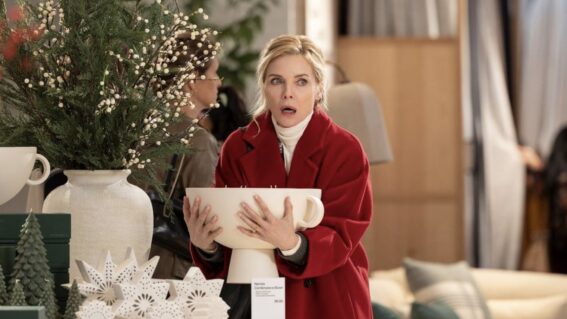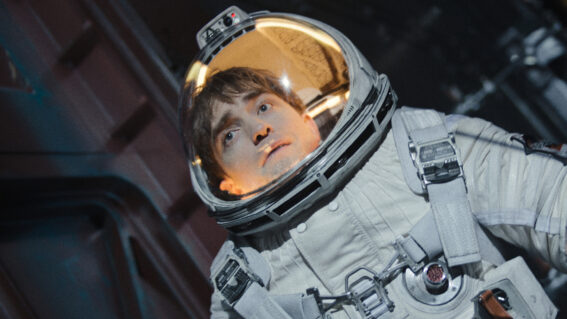The highs and lows of the spoof comedy genre; or, can you make one in 2025?
If any particular original spoof movie could withstand a contemporary incarnation, it’s The Naked Gun.
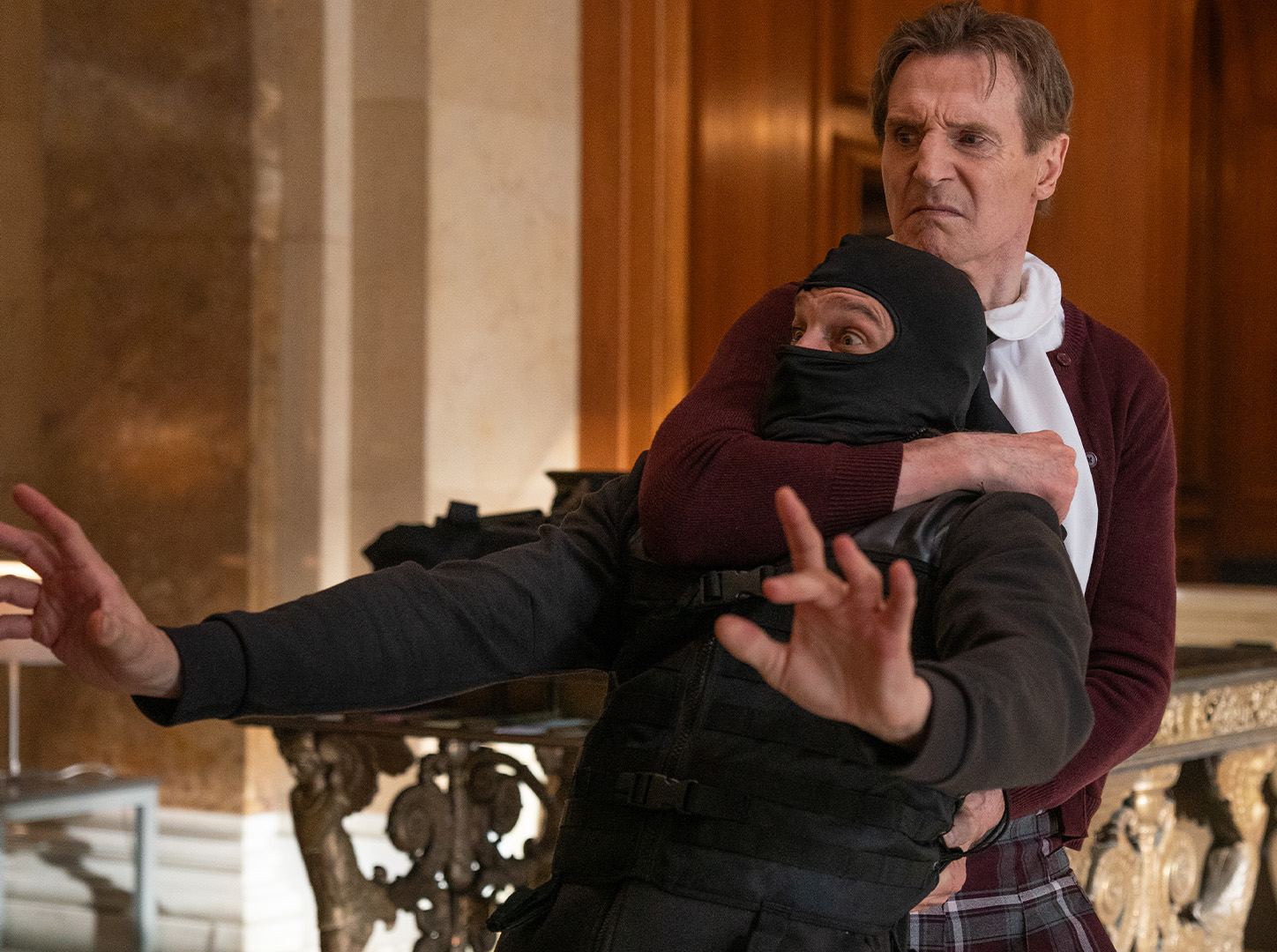
Speaking as someone who is spends a lot of time lamenting the death of the monoculture, it is an encouraging sign that there is a new version of The Naked Gun, and that it appears to be going down well.
In my mind, spoof movies of this nature can only thrive in an environment where there are enough widely perceived tropes to be made fun of. In a time when media consumption is more diffused than ever, it’s easy to imagine that such an undertaking would be an uphill comedic battle.
There remain, of course, many culture-dominating media entities (Marvel, Harry Potter, Labubu—to name just a few), the problem is that infinite jokes are made about them within seconds of them existing, and their satirical possibilities are almost instantly run into the ground.
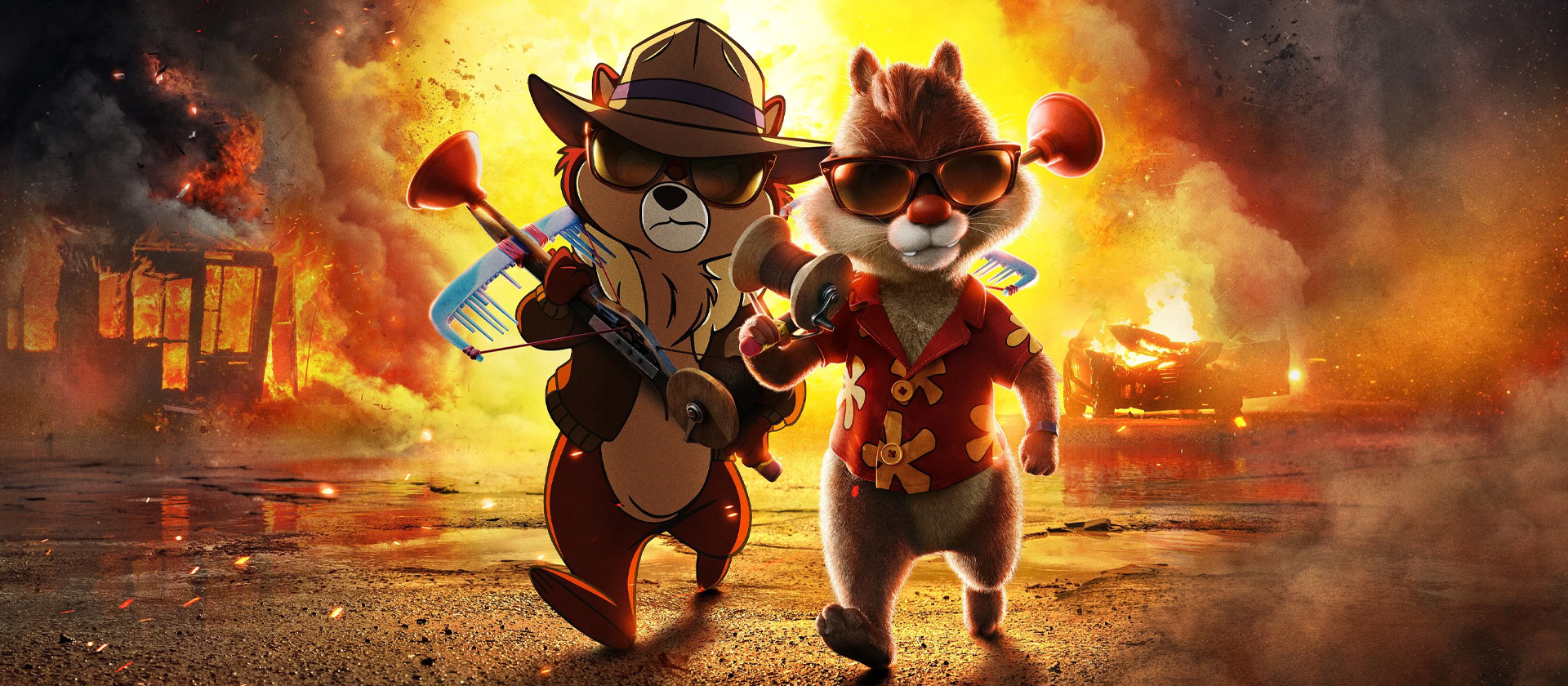
So I admire Akiva Schaffer and co-writers Dan Gregor and Doug Mand for even attempting it, and am further encouraged by them having previously collaborated on Chip ‘n Dale: Rescue Rangers (2022), a generally overlooked pandemic era delight that simultaneously made the argument for contemporary revivals of both spoof movies AND pop culture-riffing fantasies along the lines of Who Framed Roger Rabbit.
And speaking of running things into the ground, there have been many highs and lows in the spoof genre over the years, but it is a commonly-held belief that that three fundamental expressions of the form remain Airplane! (1980) Top Secret! (1984) and The Naked Gun: From the Files of Police Squad! (1988), all made by the triumvirate of Jerry Zucker, David Zucker and Jim Abrahams (aka ZAZ).
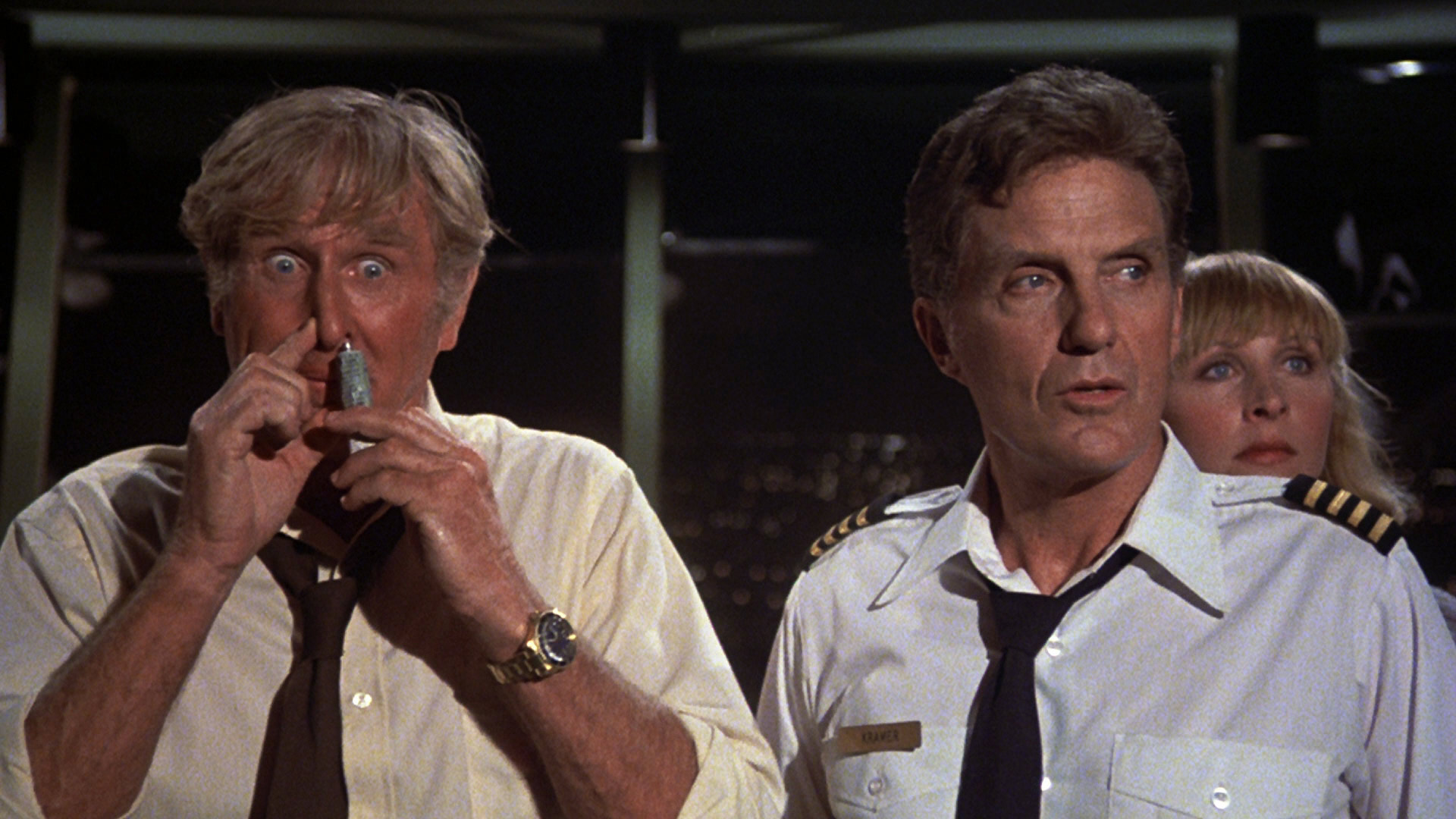
Airplane!
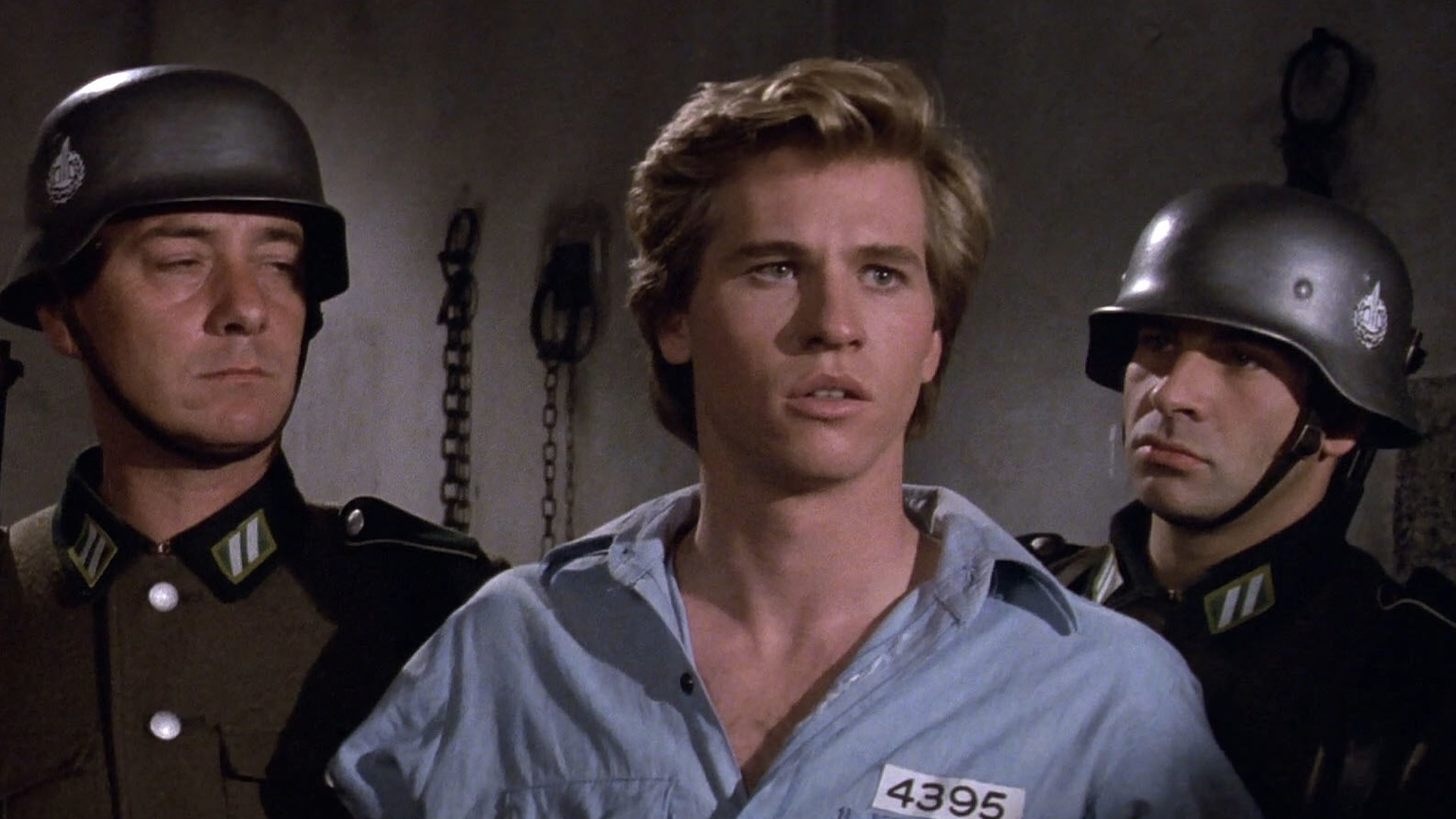
Top Secret!
As much as there have been infinite emulations of their specific spoof style (more on those below), the new The Naked Gun (sadly lacking an exclamation mark) is the first film to be specifically based on ZAZ-derived intellectual property without any of their involvement since Airplane II: The Sequel in 1982, which they famously refused to see.
I’ve generally attributed the enduring success of the original ZAZ trilogy to the fact that all three movies were all built on multiple generations of familiar film and television tropes that were burned into the brains of everyone alive, across several genres. All three movies riff on elements that weren’t inherent to their set-up (like the Saturday Night Fever stuff in ‘disaster spoof’ Airplane! , or the Blue Lagoon stuff in ‘World War II spy movie spoof’ Top Secret!), which gave future spoofs permission to leap around genres and film types willy nilly.
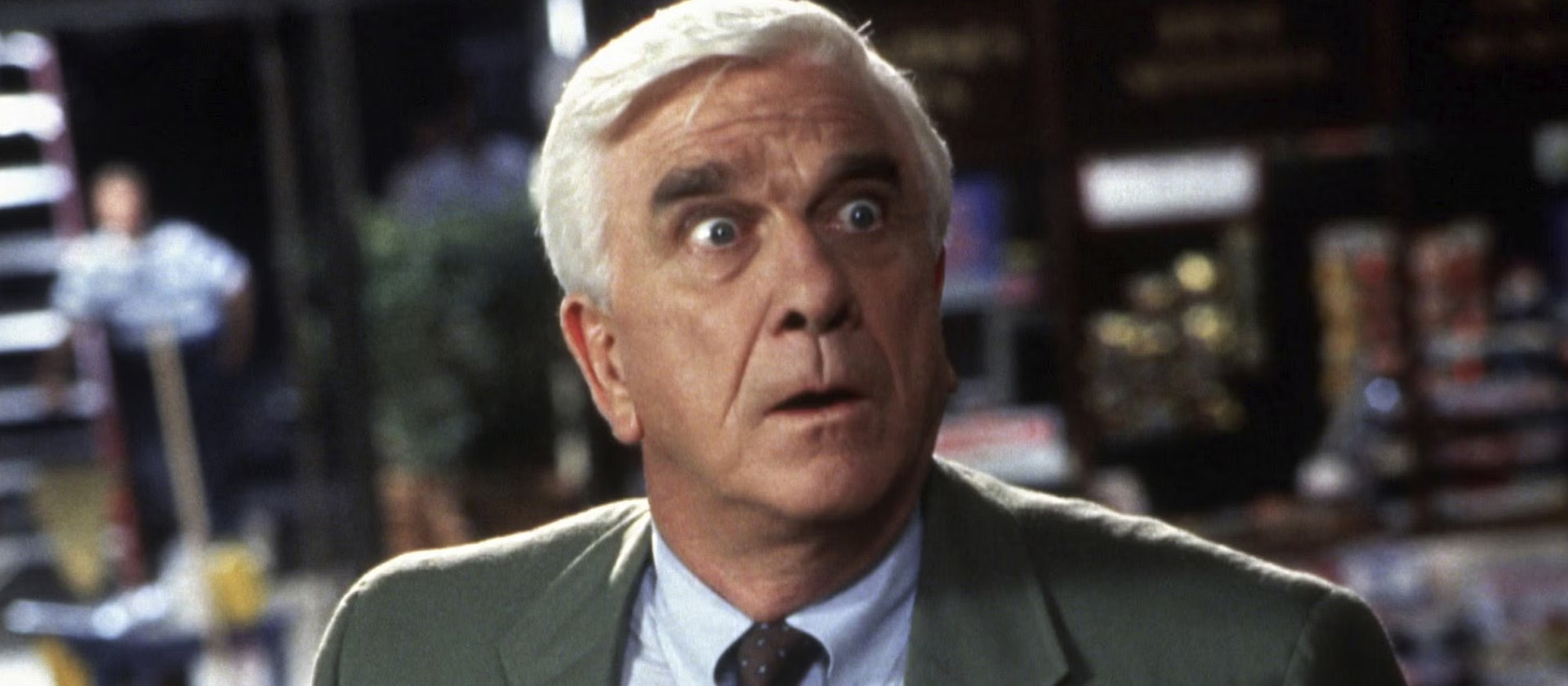
The Naked Gun: From the Files of Police Squad!
The original The Naked Gun: From the Files of Police Squad!, it should be noted (and as indicated by the title), was a cinematic remake of elements of a six episode 1982 TV show called Police Squad! (you have to shout all these titles), from which it reconstructed many jokes. Some jokes they didn’t use showed up in the 1991 and 1994 sequels.
The cop genre is probably the most storied (so to speak) in contemporary narrative, so there was much to work with, and Schaffer and company have three decades of subsequent modern tropes to tap into, so if any particular original spoof movie could withstand a contemporary incarnation, it’s this one.
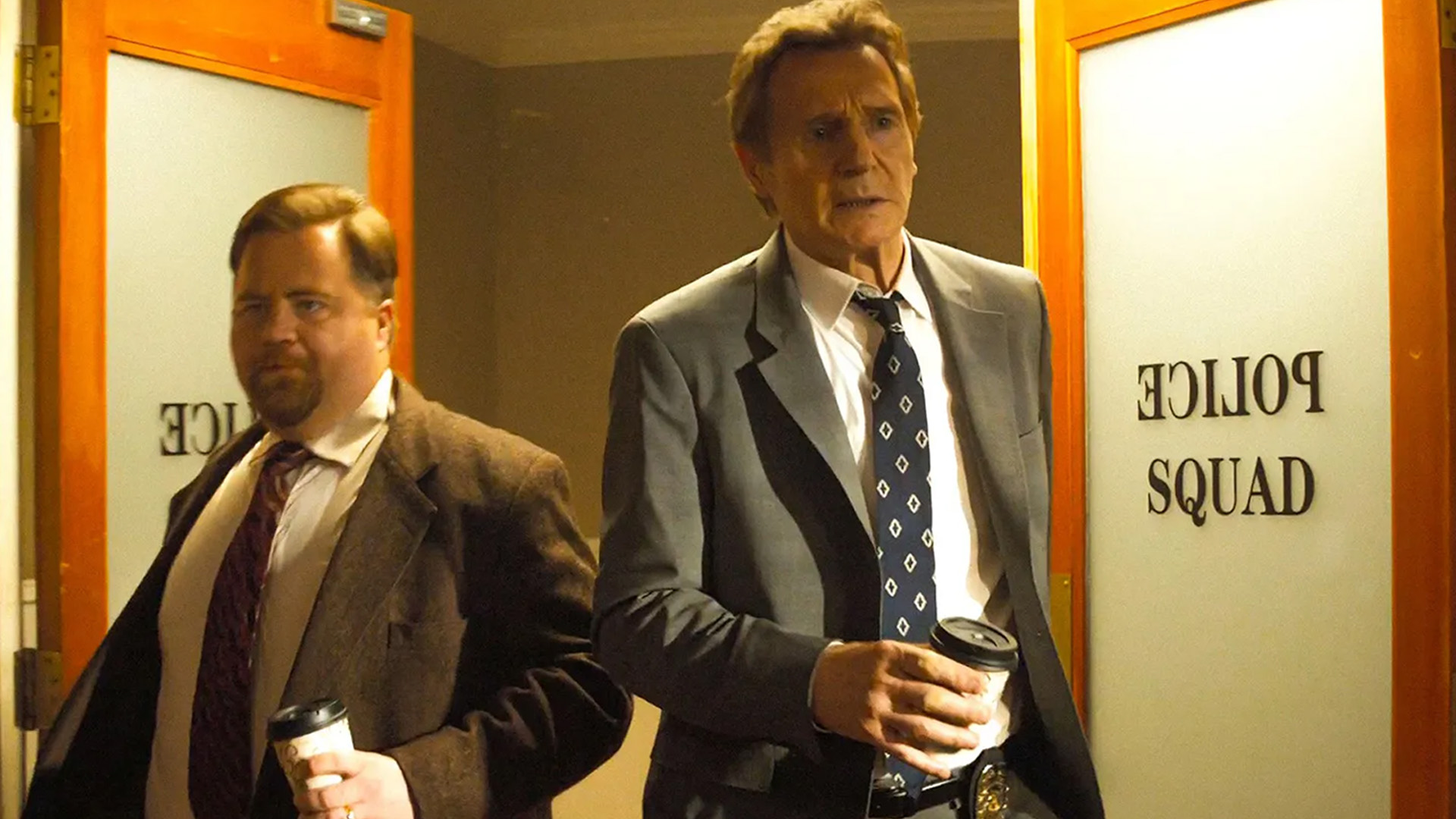
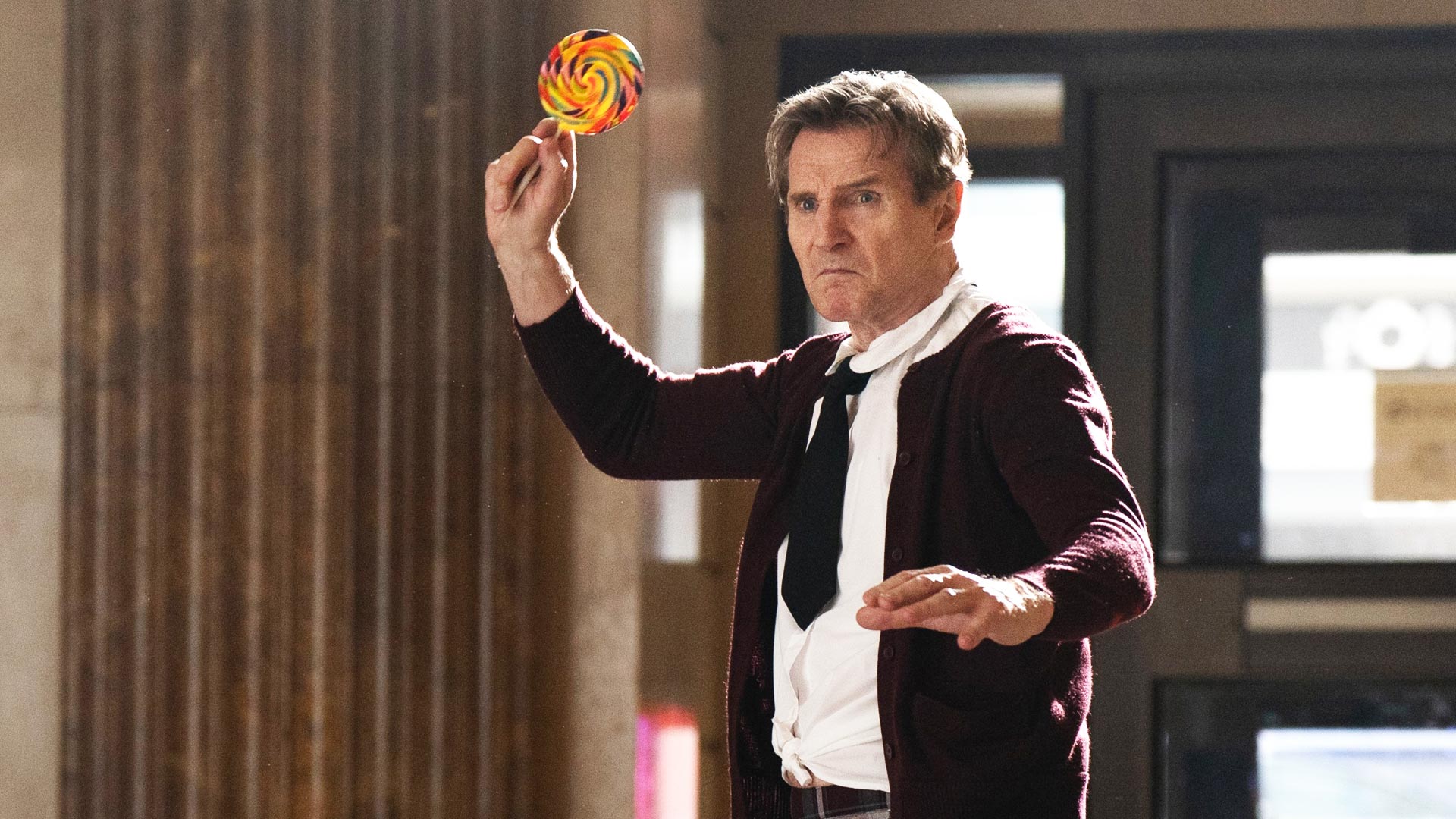
But the truth is the spoof genre has a pretty rocky history overall. Although there are bright spots along the way, the massive rash of increasingly crummy ______ Movies that were vomited out in the wake of the massive success of Scary Movie (2000) and its sequels (some of which involved David Zucker) truly smushed the genre into the dirt and extinguished any remaining goodwill.
Films like Date Movie (2006), Epic Movie (2007), Disaster Movie (2008) and so on—few of which displayed any real fealty to their stated genre—confused replication for satire and mostly riffed on scenes from the trailers of what they anticipated would be popular films. Which they often got wrong. It’s almost like these were the last, dying gasp of analogue comedic expression from a popular culture about to be swallowed by social media.
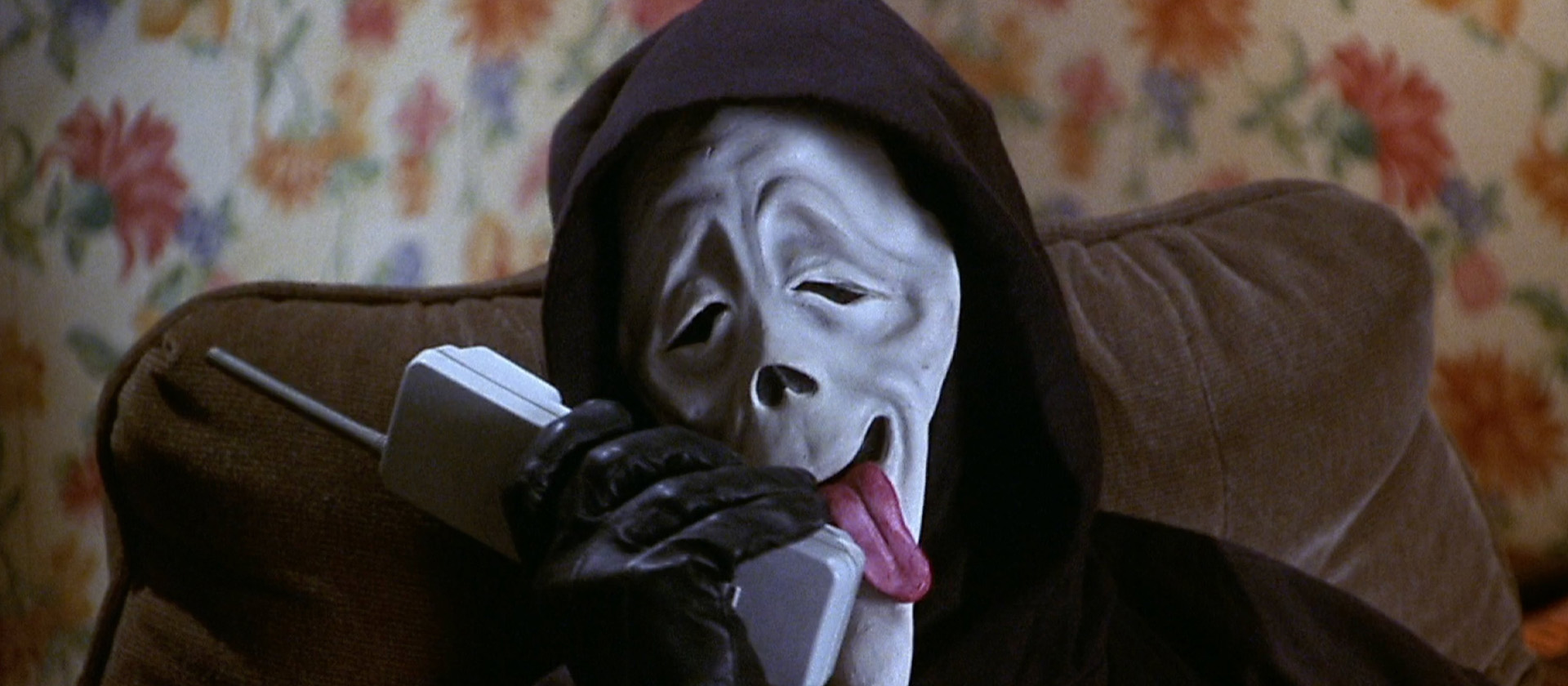
There is some remaining affection for the early Scary Movies, but that whole era of spoof movie is defined by diminishing returns.
As with cop tropes and the new Naked Gun, the extreme surplus of horror movies released in the decades since then means there are many modern horror tropes to riff on, reflected by there being a new Scary Movie sequel (I bet they just call it ‘Scary Movie’, though) releasing next year with original director Keenan Ivory Wayans at the helm and original stars Marlon Wayans and Anna Faris returning.
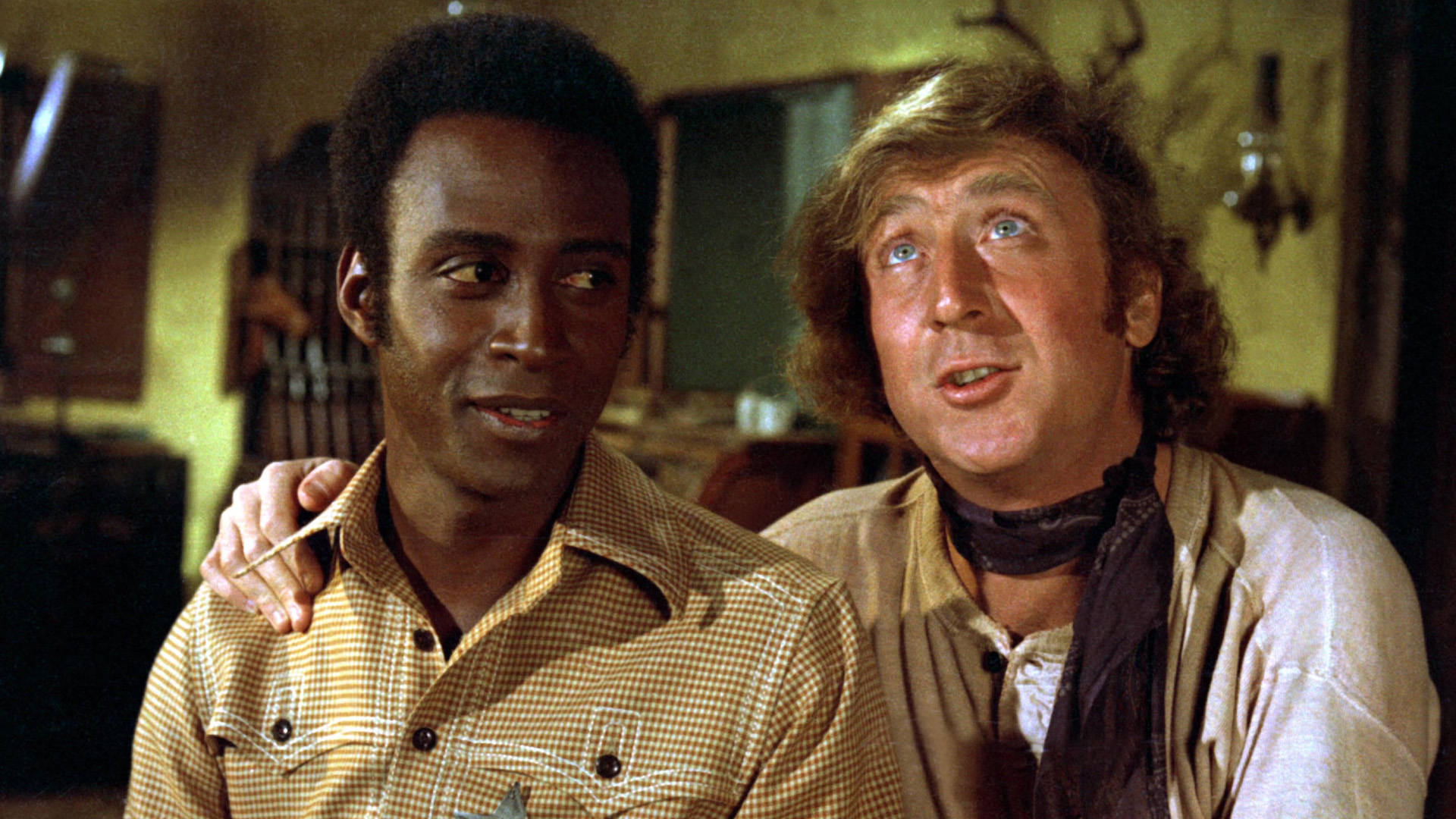
Blazing Saddles
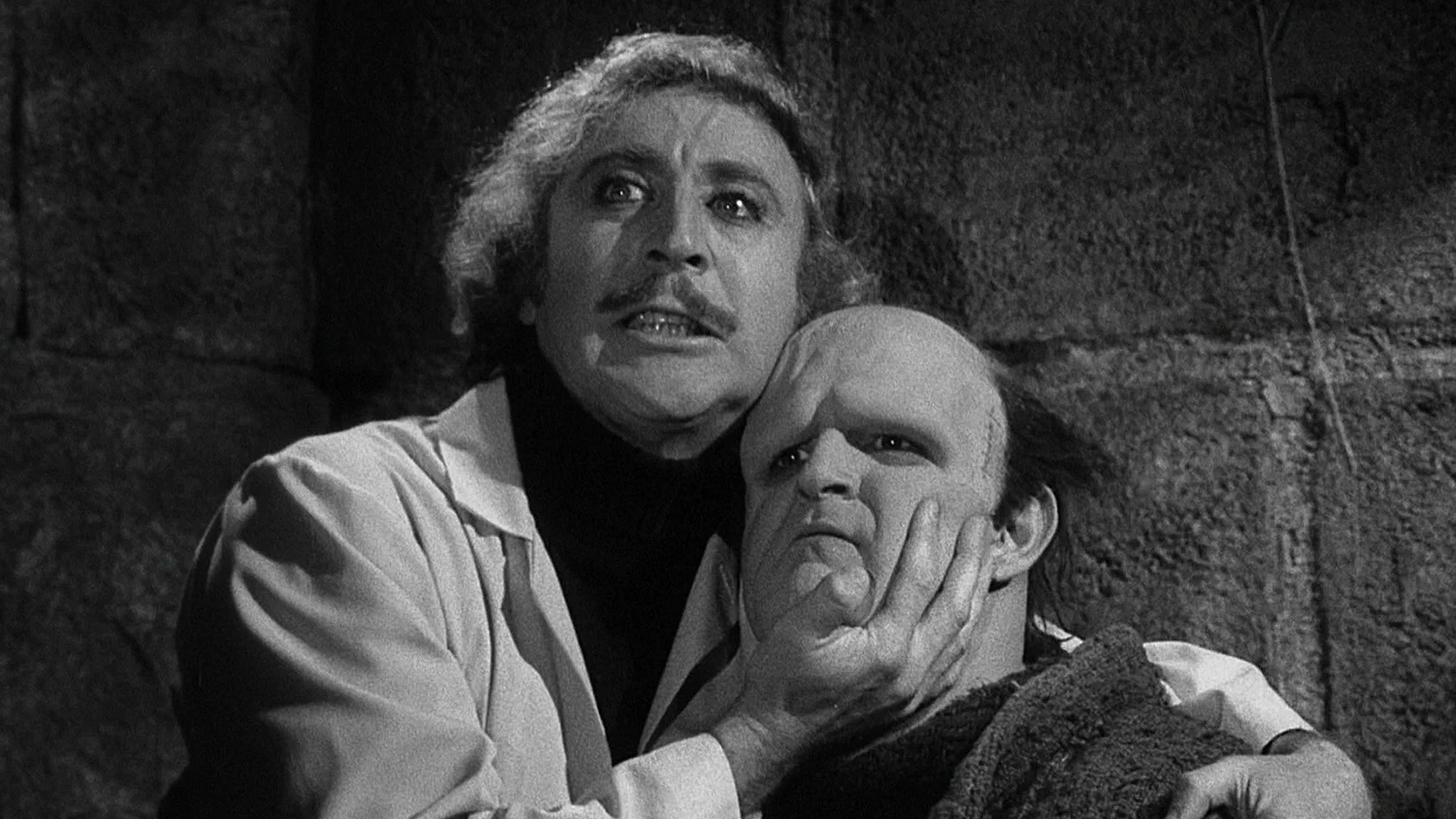
Young Frankenstein
And the same argument could be made for the upcoming Spaceballs sequel. Mel Brooks helped lay the foundation for the spoof genre with Blazing Saddles (1974), Young Frankenstein (1974) and High Anxiety (1977) but found himself chasing his successes with movies likes of Robin Hood: Men In Tights (1993), Dracula: Dead and Loving It (1995), and the original Spaceballs (1987), which is probably the highlight of this phase of his career.
If you don’t count MacGruber (2010), and you easily could, the last spoof movie that felt like anyone really tried on is Walk Hard: The Dewey Cox Story (2007), which followed a rash of musical biopics with overlapping clichés.
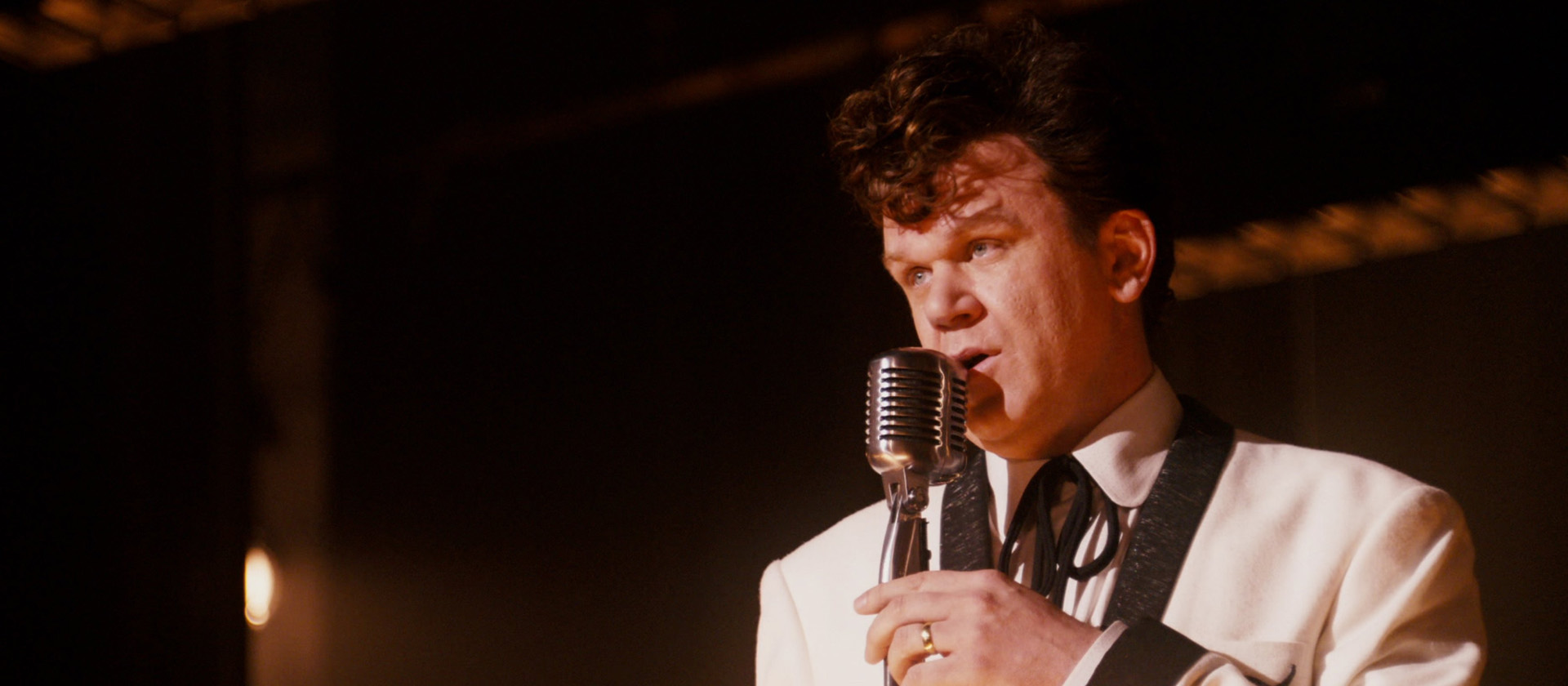
Walk Hard: The Dewey Cox Story
The ZAZ style greatly informed the barely-perceived TV series Angie Tribeca (2016-2018), which was created by Steve Carell and his wife Nancy, an SNL vet. It’s kind of amazing that they made four seasons of this, and as inspired as it was, it did highlight the style’s limitation in a series format, something that Police Squad! didn’t stick around long enough to do.
One especially underrated example of the form is Fatal Instinct (1993), which riffed as much on erotic thrillers like Fatal Attraction (1988) and Basic Instinct (1991) as it did on film noir tropes, a genre director Carl Reiner previously engaged with on the one-of-a-kind mash-up pseudo-spoof Dead Men Don’t Wear Plaid (1982).
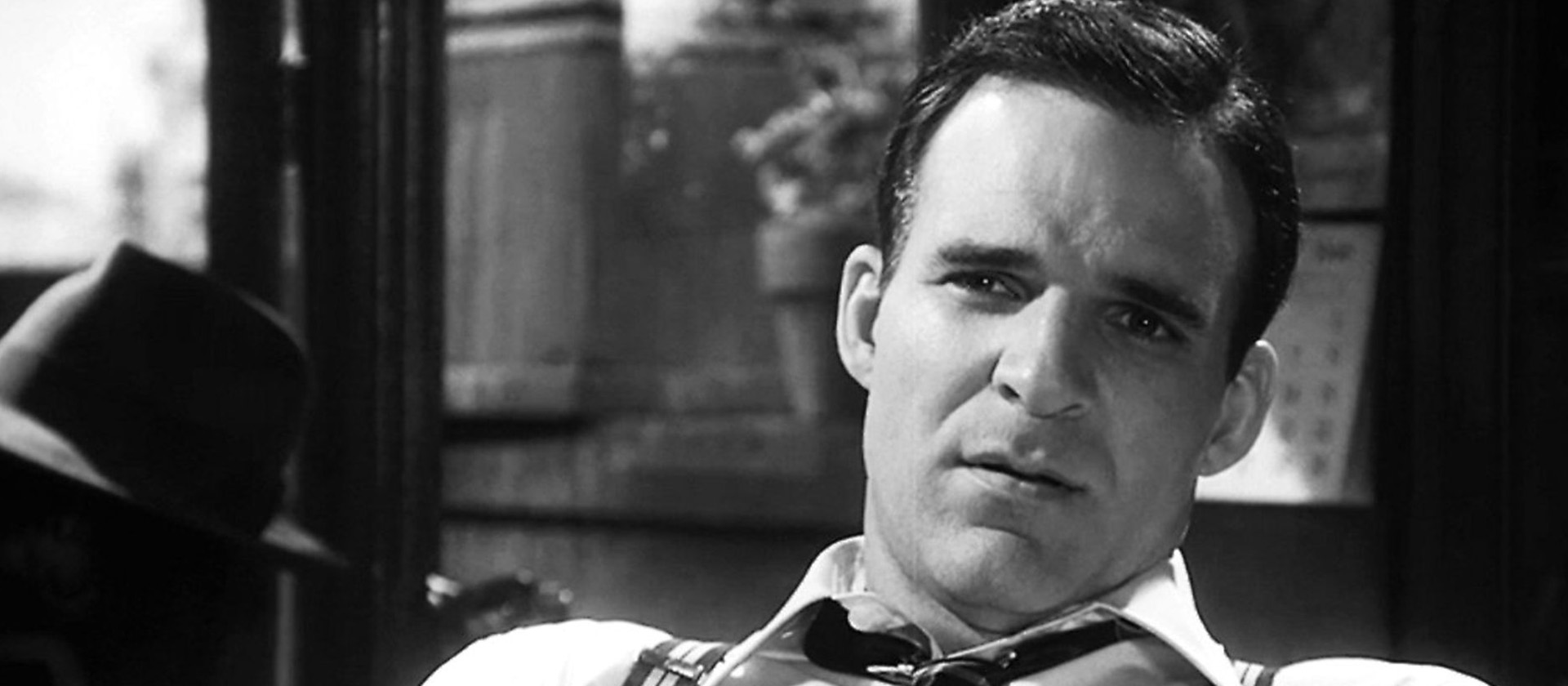
Around the time the increasingly ZAZ-less Naked Gun sequels were coming out, Jim Abrahams had some success with Hot Shots! (1991) and Hot Shots: Part Deux (1993), which aren’t cited much these days, but remain respectable examples of the form. National Lampoon’s Loaded Weapon 1 (1993), less so.
The excitement around the new Naked Gun suggests I’m not alone in wanting to experience humour along these lines in a communal environment. Memes haven’t quite taken everything from us, yet.











